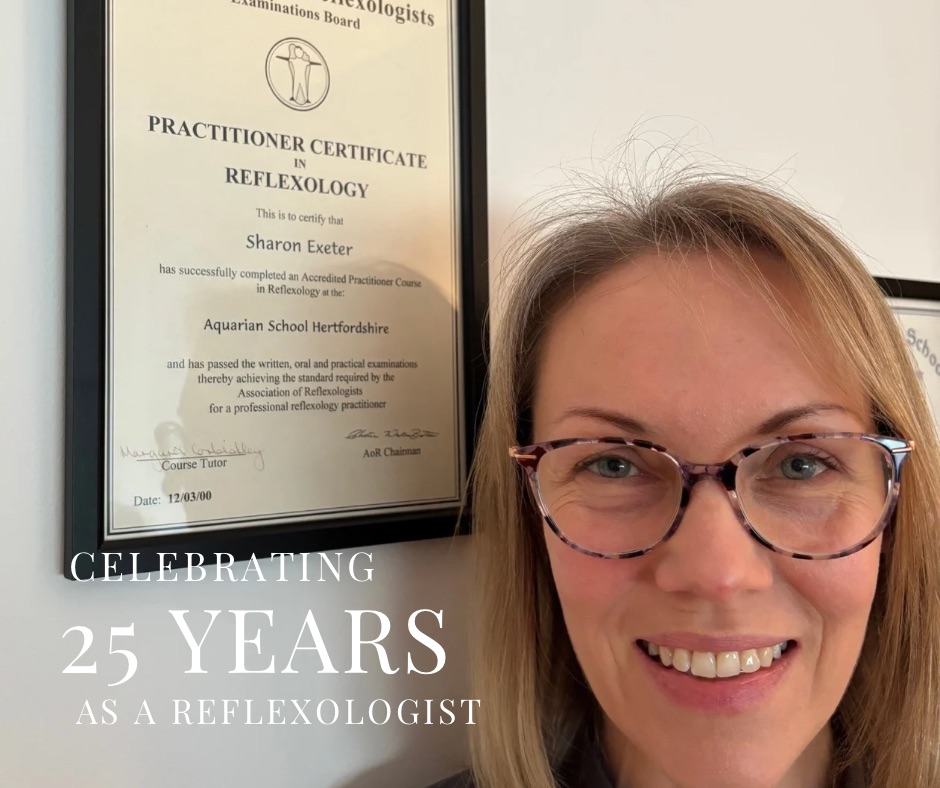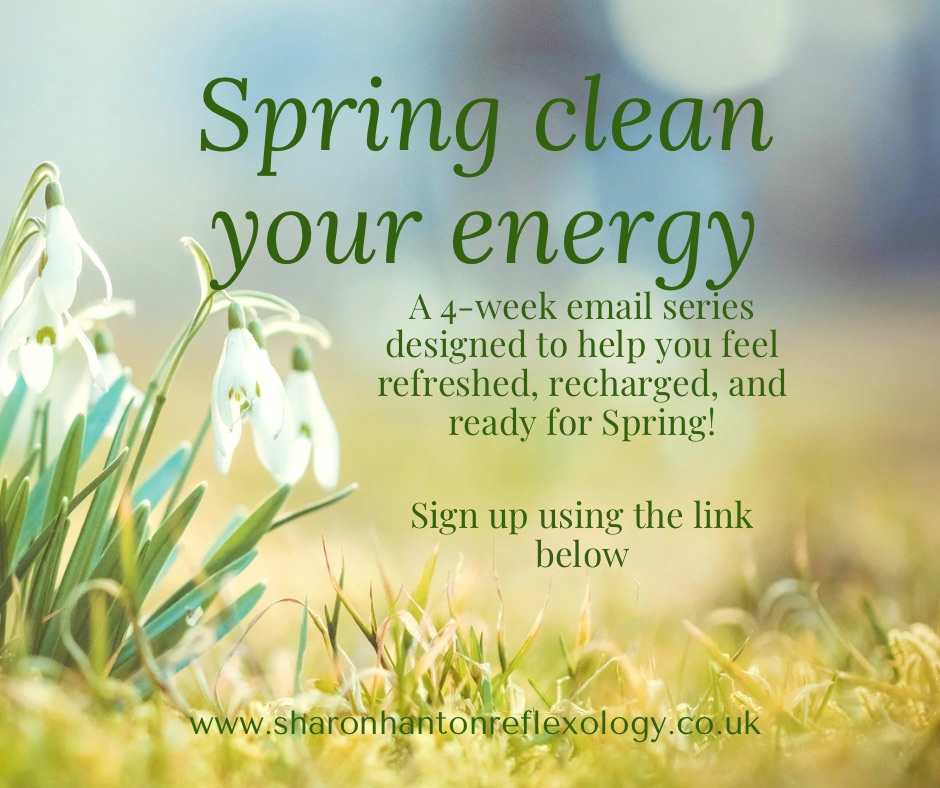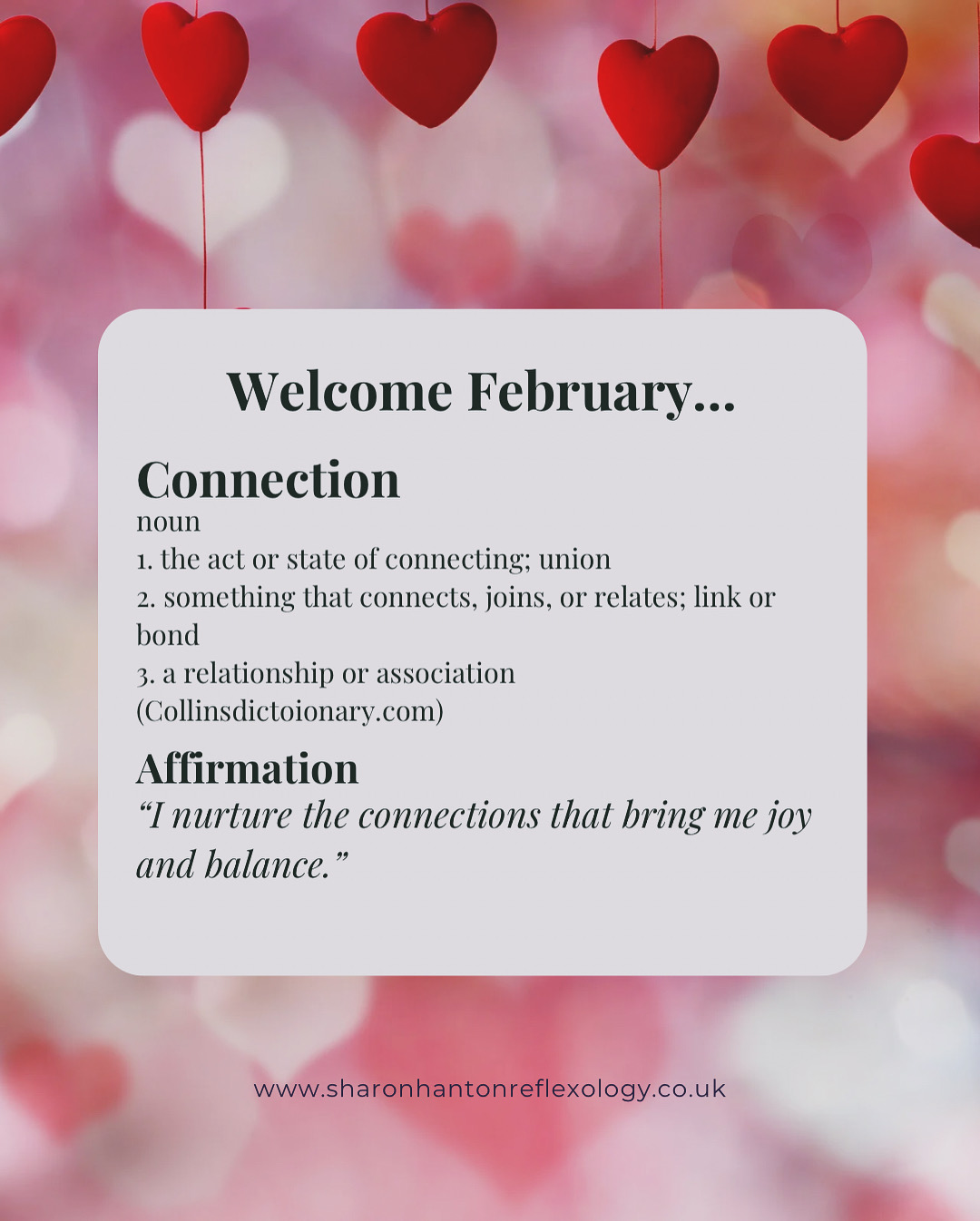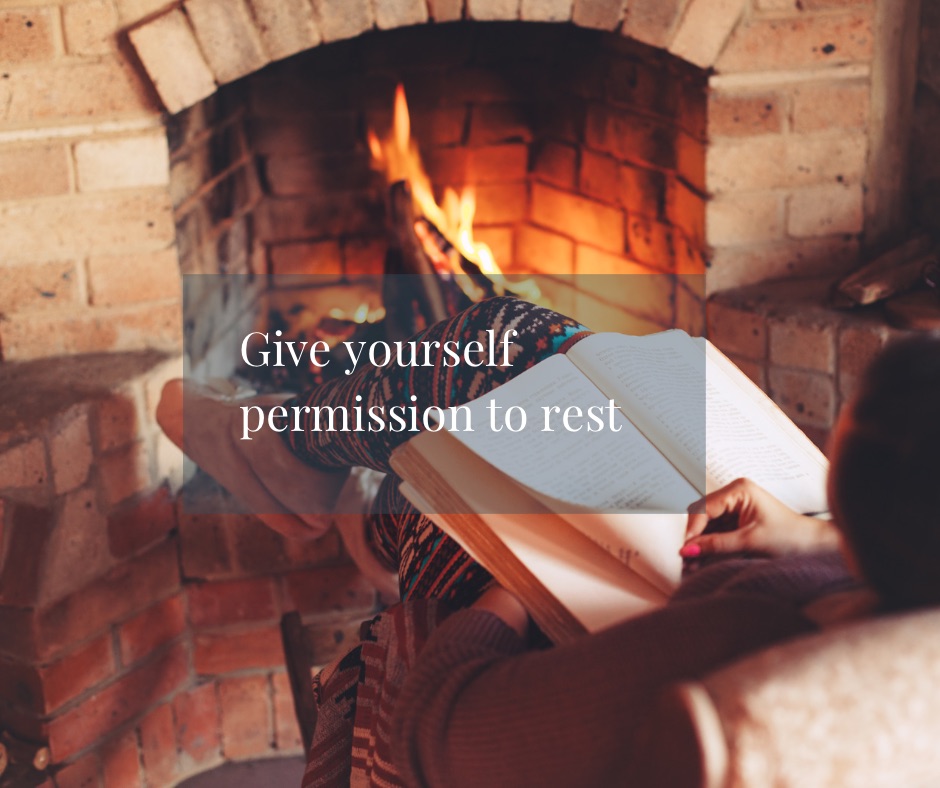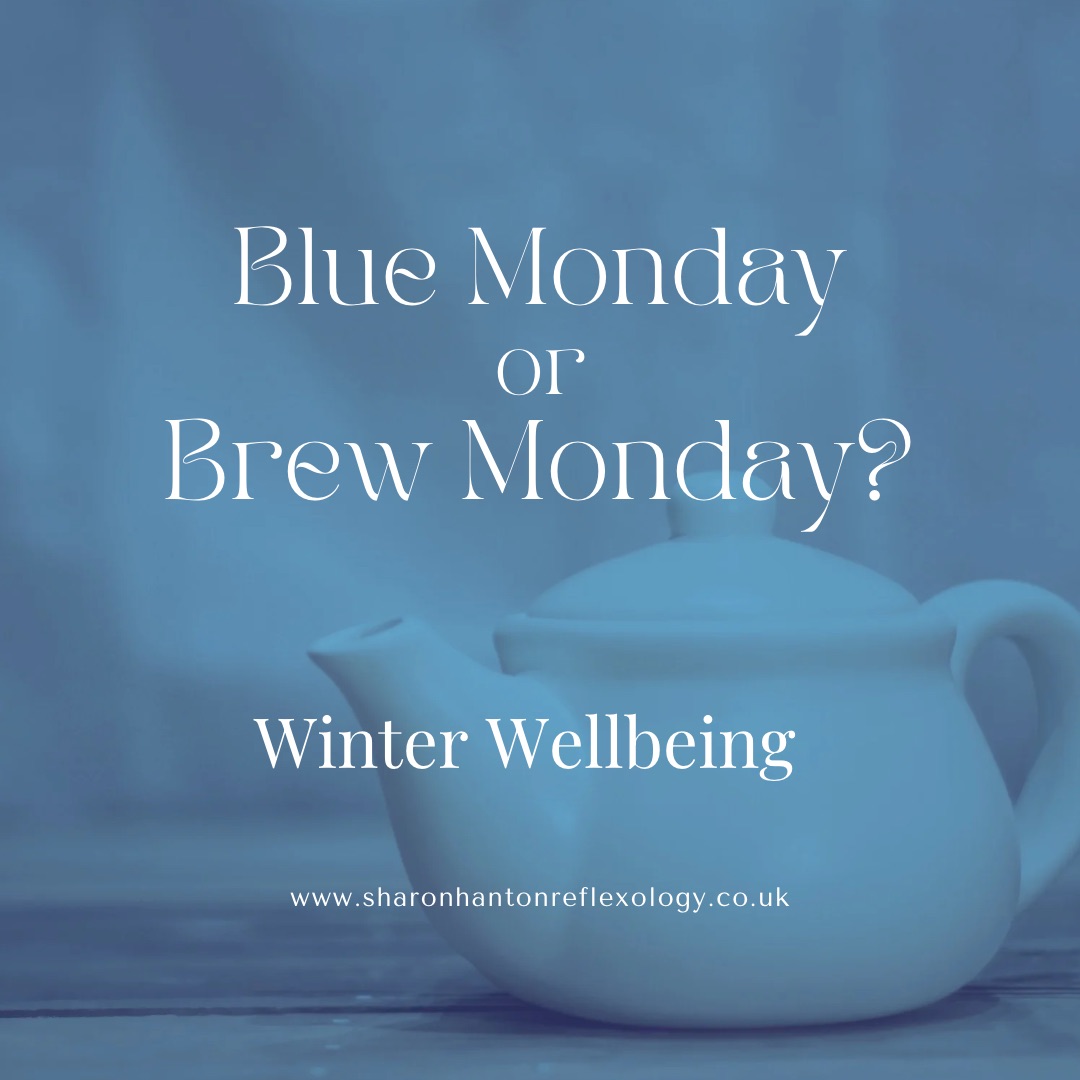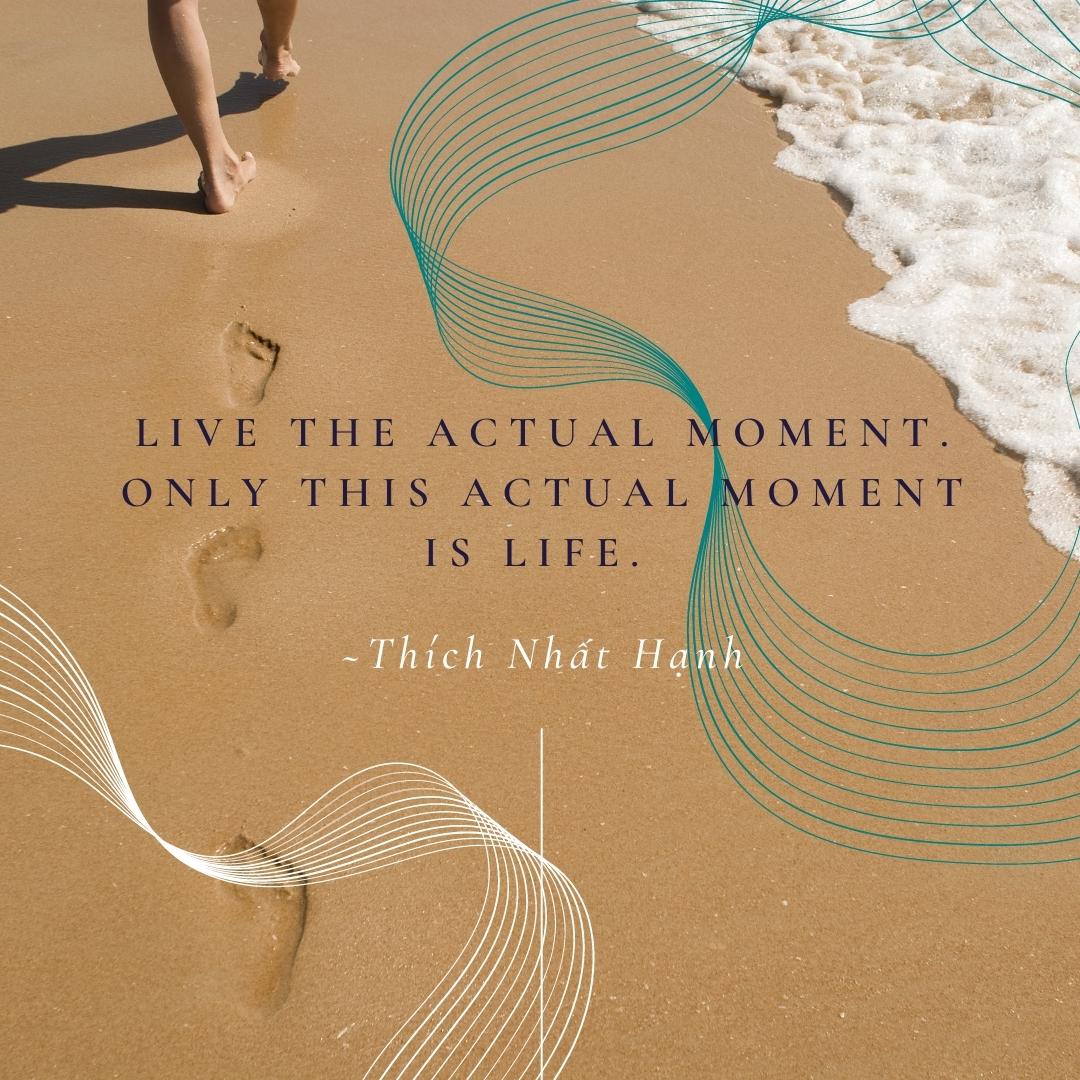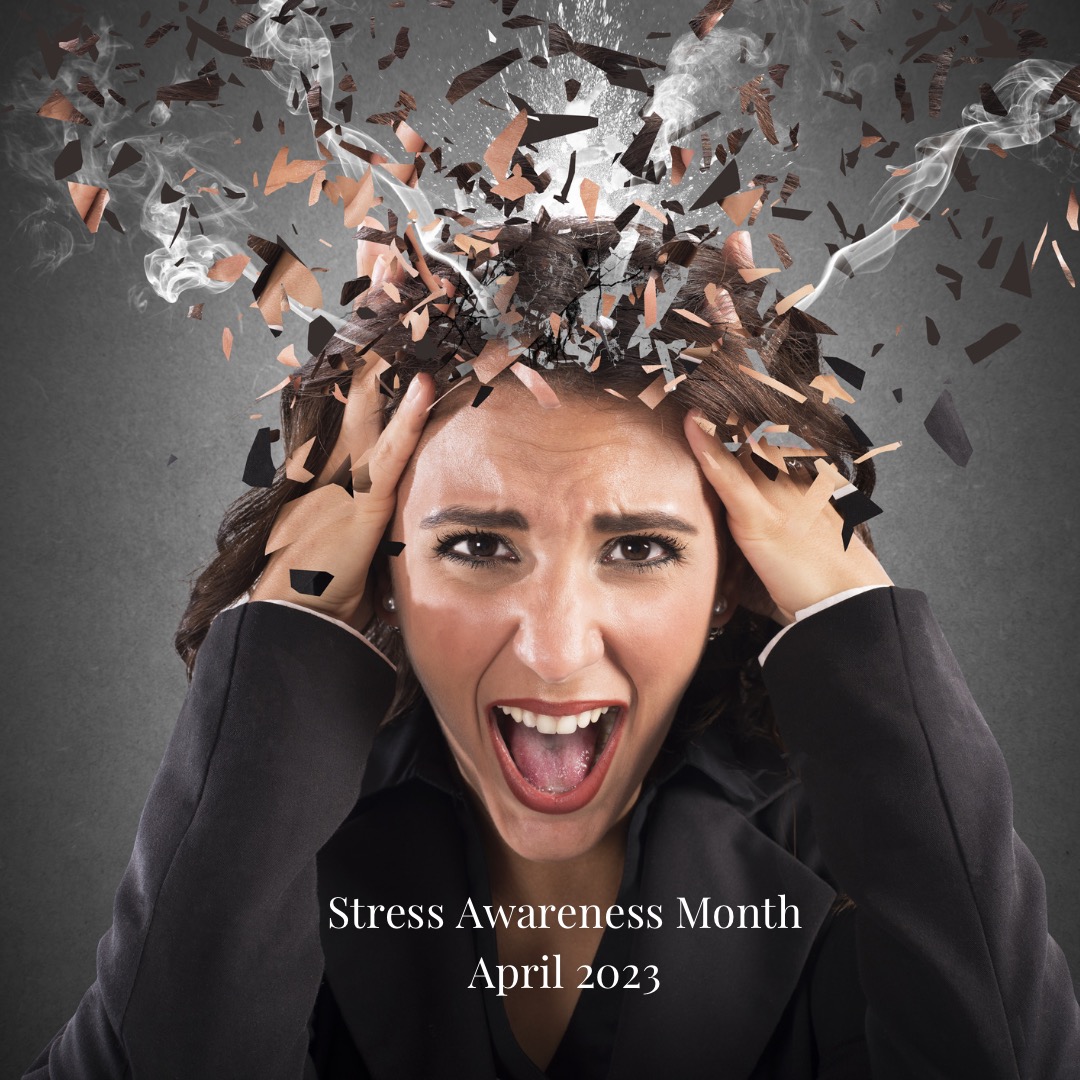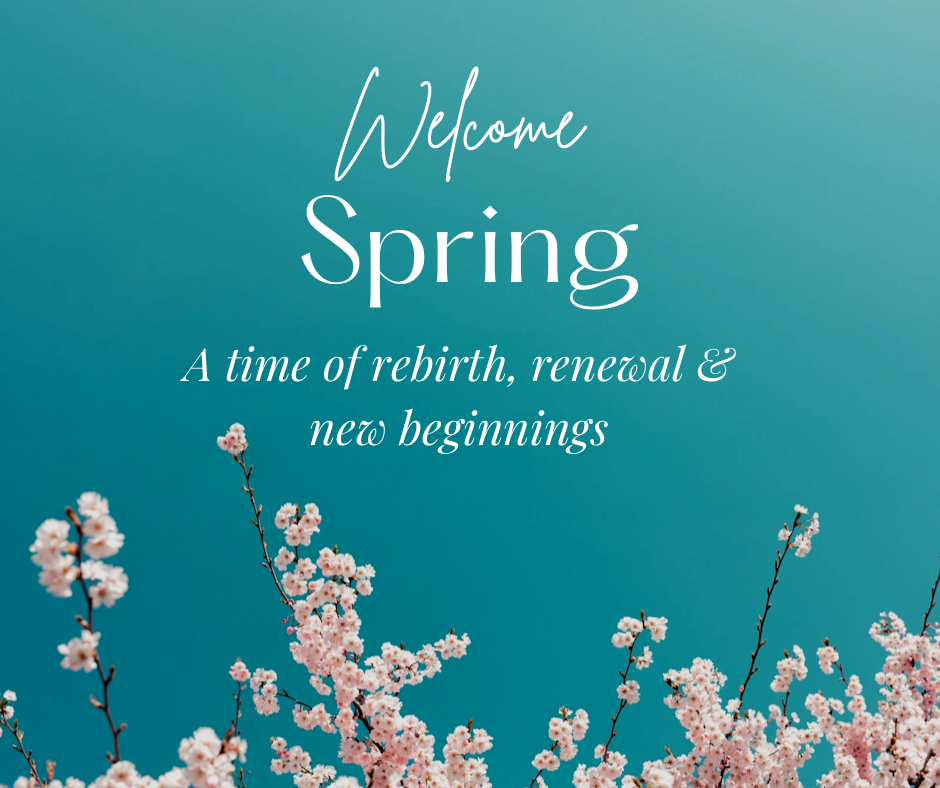This March marks a bit of a milestone for me – it’s 25 years since I qualified as a reflexologist. Honestly, it feels a bit surreal to say that out loud. On the one hand, it feels like it was only five minutes ago that I was nervously practicing my foot map on family and friends, and on the other hand, it feels like reflexology has always been part of my life.
Over the years, I’ve learned so much – about reflexology, about people, and about myself. It’s been quite a journey (I always cringe at that word, but it fits here!) and I thought it might be nice to look back and share a few of the things I’ve learned along the way.
Footsteps to Reflexology
My fascination with feet goes all the way back to childhood. I was always barefoot, and I loved having my feet tickled and massaged. As a teenager, I even considered becoming a podiatrist, but when I mentioned it to the school careers adviser, she laughed and said it would be a horrible job! That moment stayed with me (isn’t it funny how those things do?) and steered me in a different direction.
By my late teens, I was really interested in holistic health and well-being. I’d already become a vegetarian at 15 and was very into animal rights and the environment. When I was 18, I picked up my first reflexology book from a health food shop – Thorsons Principles of Reflexology by Nicola Hall (I still have it as this photo shows!). I took it on holiday with me and read it from cover to cover. I didn’t understand most of it at the time, but something about the ‘language of the feet’ stuck with me.
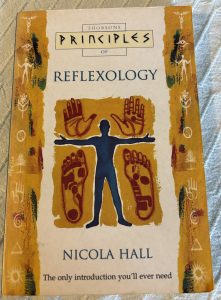
Around the same time, I was dealing with my own health challenges. After years of painful periods, I was diagnosed with endometriosis. I still remember collapsing during my first week at work as an 18-year-old NHS admin assistant and having to explain to my middle-aged, male colleagues that it really was period pain – not appendicitis. They didn’t believe me and called an ambulance!
While I was waiting for surgery, a friend recommended I see her herbalist, who gave me a brown glass bottle of a foul-smelling, but effective, herbal tincture, and also gave me my first reflexology treatment. I can still remember how deeply relaxing it felt – I fell asleep within minutes and felt more balanced for days afterwards. That was my first taste of how powerful reflexology could be. I started having regular sessions and found I slept better, my hormonal headaches eased and my PMS symptoms lessened.
Finding My Path
Not long after my surgery, I went to an open evening at a local healthy living centre where a reflexologist spoke about her work. I signed up for an eight-week introductory course, and by the end of it, I knew this was what I wanted to do. So, I enrolled in a year-long practitioner course with the Aquarian School of Reflexology in Hertfordshire. I was working full-time as an NHS manager, juggling a stressful job with weekends spent learning anatomy, physiology, memorising foot maps and practical techniques, and somehow squeezing in hours of case study treatments. It was full-on, but I was hooked. In March 2000, I qualified and started seeing clients alongside my day job.
For a few years, I balanced my NHS career with my reflexology practice. I noticed a pattern pretty quickly – my clients all had different symptoms but very similar stories. They were constantly busy, pulled in all directions, running on caffeine and adrenaline, and falling into bed each night, tired but wired and unable to sleep. I could see how their lifestyles were affecting their well-being, and it sparked a desire in me to help them slow down, tune into their bodies, and listen to what it was telling them.
I noticed that when they took time to switch off, they became more open to making small but important lifestyle changes – adding more fruit and vegetables to their diets, swapping their fifth coffee of the day for a glass of water, taking a break from their desk for a lunchtime walk. These little shifts made a difference to their well-being.
Ironically, I wasn’t great at taking my own advice. After 10 years in the NHS, alongside some difficult personal experiences, I was burnt out. I was having panic attacks and struggling with my mental health. And yet, no matter how drained I felt, I noticed that giving reflexology treatments would calm my own nervous system too. I always felt better afterwards. That’s when I realised that reflexology wasn’t just something I did – it was something that nourished me as well.
Eventually, I left my job and focused on my practice. Becoming self-employed was a scary leap, but it felt like the right one.
Reflexology in a Changing World
Over the next 15 years, my reflexology practice moved with me as my life changed – from Hertfordshire to Norfolk, and finally to Aberdeenshire. Eventually I took a break from practicing when my son was at primary school, but I always knew I’d come back to it.
Fast forward to 2020, just weeks before the first lockdown, I left my job as a clinic manager. I had no idea what was coming (did any of us?), but the pandemic ended up giving me the space I needed to rethink my future. Reflexology was calling to me again. I realised I really missed working one-to-one with people and seeing the difference reflexology could make. So, I dusted off my foot map, converted my son’s old playroom into a treatment room, and in May 2021, I officially reopened my practice.
The world had changed so much by then. People were more stressed, more disconnected from their bodies, and more in need of proper relaxation than ever. I could feel it in my clients feet – their nervous systems were frazzled. And I understand it. We live in a world that constantly pulls us in all directions – endless demands, overflowing inboxes, and never enough time to stop and switch off.
In a world that encourages us to be ‘human doings’ – to do more, be more, achieve more – we have to remind ourselves that we are ‘human beings’ and make time to just be. Reflexology is more valuable than ever, giving people space to rest, recalibrate, and reconnect with themselves.
25 Things I’ve Learned in 25 Years
So, in the spirit of reflection, here is a list of 25 things I’ve learned in 25 years of being a reflexologist (and a human):
1. Feet are amazing – we really don’t give them enough credit. They carry us through life, so show ‘em so love!
2. Sleep is medicine. Prioritise it.
3. Remember to breathe – deeply and consciously.
4. Human touch is essential – it soothes, calms, and connects us. Reflexology taps into that beautifully.
5. Pain is your body’s way of getting your attention – listen to it.
6. Healing isn’t linear – be patient with yourself.
7. Small changes make a big difference.
8. Move more, sit less.
9. Be present – life happens in the moment, not in the past or the future.
10. Water, rest, and sunlight fix more than you think (it’s the old joke about us being like houseplants with emotions!)
11. Laughter really is the best medicine (except for reflexology, of course).
12. We’re all guilty of pushing through when we should be resting. Learn to stop.
13. Your body knows what it needs – you just have to listen.
14. Nothing good ever comes from working through your lunch break.
15. Most people are kinder than they think they are.
16. Everyone’s feet tell a story.
17. ‘Self-care’ is a one of those over-used words, but it’s not just about having a bath, it’s about moving yourself to the top of your to-do list for a change.
18. If you’re too busy to come for reflexology, you really need to come for reflexology.
19. Being busy doesn’t equal being important or successful.
20. Energy flows where attention goes – focus on what you want to nurture.
21. Connection is everything – to ourselves, each other, and nature.
22. Everyone needs someone to really listen to them.
23. Keep learning – there’s always more to discover.
24. Reflexology never stops amazing me, even after all these years.
25. After 25 years, I still feel incredibly lucky to do this work.
Looking Ahead
So here I am, 25 years later – still fascinated, still learning, and still grateful every time someone walks through my door and trusts me to support their well-being.
If you’ve ever been part of my journey – whether you were one of my very first case studies, a long-time client, or someone who’s just discovered reflexology – thank you. It’s been a privilege to share this with you. And I’d like to offer my heartfelt thanks to Margaret Corbishley, my reflexology tutor, who inspired, encouraged and supported me to become the practitioner I am today.
I can’t wait to see what the next 25 years brings. I know I want to keep being of service – holding space and helping people feel a bit more like themselves again.
Here’s to the future – and to many more pairs of happy feet!
